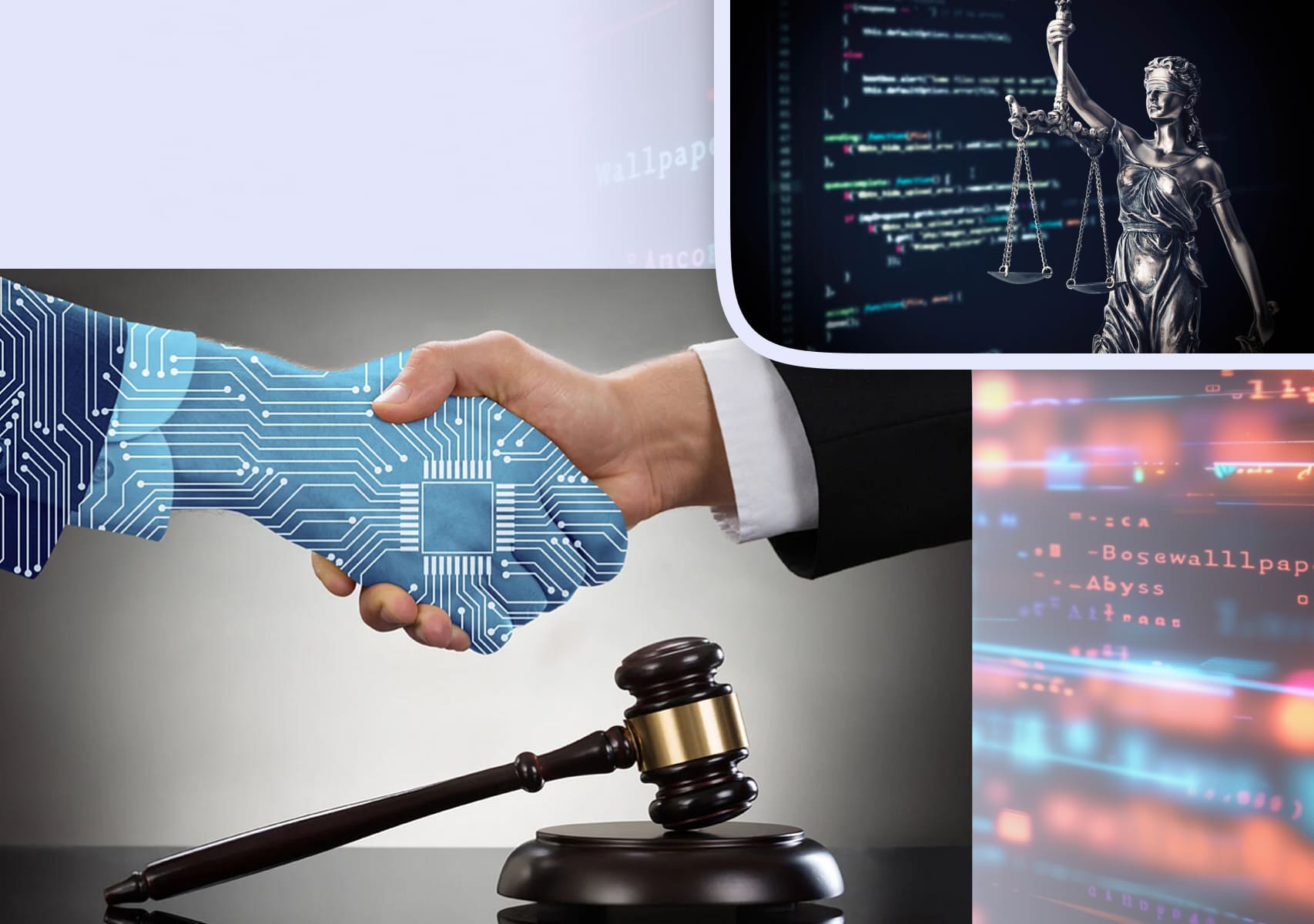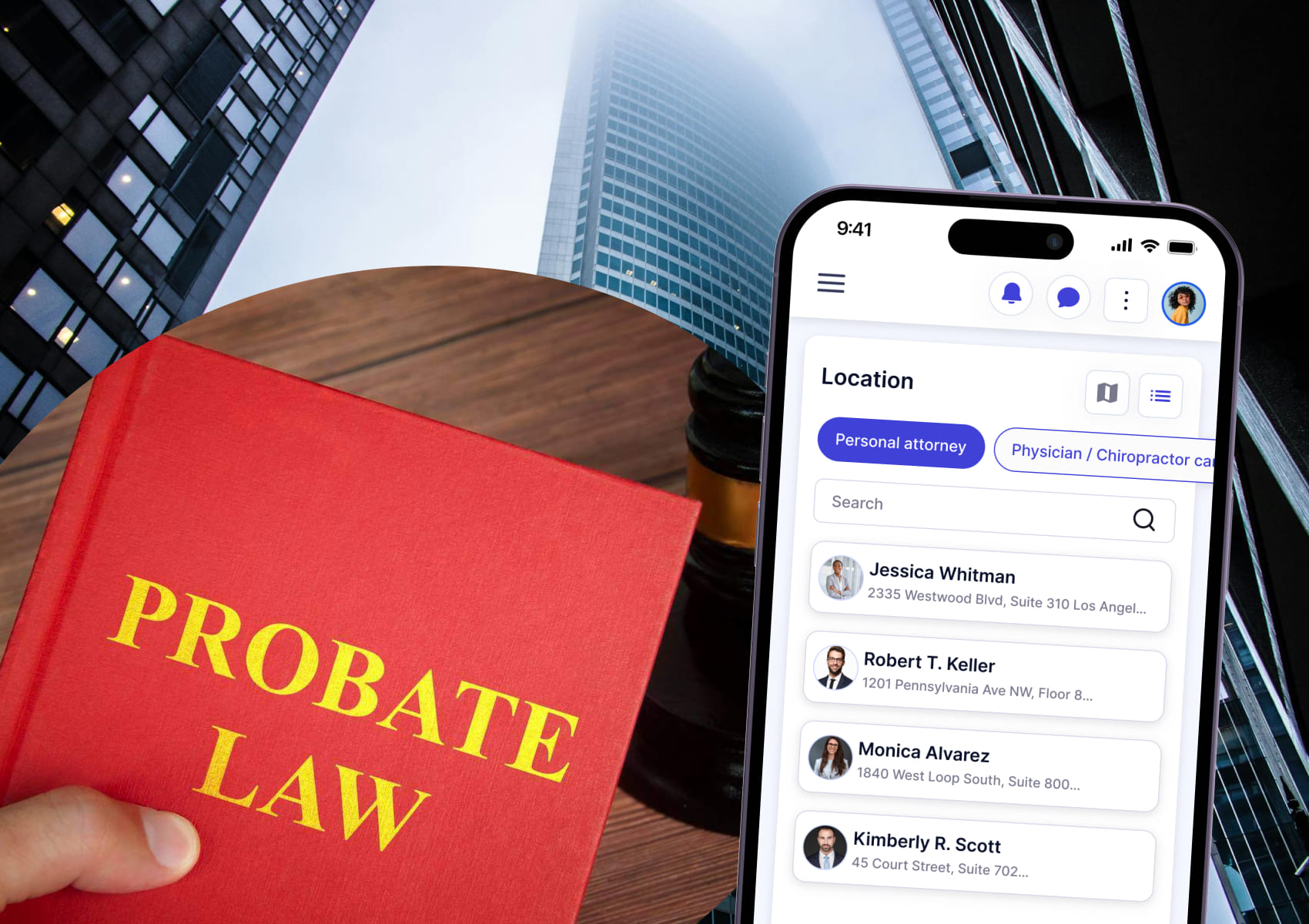Will AI Replace Lawyers? Exploring the Future of Legal Professionals in Tech

The integration of artificial intelligence (AI) into various industries has sparked both excitement and concern. While AI has proven its value in automating processes and enhancing efficiency, the question of whether it will replace professionals in specialized fields, such as law, remains a topic of debate. “Will AI replace lawyers?” is a question many in the legal industry are grappling with. In this article, we will explore AI’s influence on the legal sector, from its current applications to potential future impacts.
How will AI affect the legal industry?
The legal industry, like many others, is increasingly embracing AI to streamline operations, reduce costs, and improve accuracy. AI’s influence on the legal industry is primarily seen in areas that require high volumes of data processing, research, and document management. Several AI-powered tools are already in use, helping law firms and in-house legal teams improve their workflow.
- Document review: AI systems can analyze vast quantities of legal documents, identifying relevant information faster than human attorneys. This process, often referred to as e-discovery, allows lawyers to review documents quickly for litigation purposes, saving time and reducing errors.
- Legal research: AI-powered tools are designed to assist legal professionals by identifying relevant case laws, statutes, and legal precedents. AI programs like Westlaw Edge and LexisNexis leverage machine learning to provide accurate legal research faster than traditional methods.
- Contract analysis and management: AI can automate the contract review process, identifying potential risks, inconsistencies, or missing clauses in contracts. Companies use AI to draft contracts more efficiently, monitor compliance, and even suggest amendments to ensure adherence to relevant laws.
- Predictive analytics: AI can analyze past legal cases to forecast outcomes based on historical data, giving lawyers and clients a better idea of how a particular case may play out. This not only improves decision-making but also helps in risk assessment.
AI affects the legal industry. AI’s role is growing, it’s clear that its primary function is to augment, rather than replace, human legal professionals—for now.
AI and the legal profession
For many in the legal profession, the rise of AI presents a double-edged sword. On one hand, AI tools provide undeniable advantages in reducing mundane, repetitive tasks, allowing lawyers to focus on higher-level work such as strategy, negotiation, and client relations. On the other hand, there’s a concern that AI could gradually erode job opportunities for legal professionals, particularly in areas like legal research, contract review, and case prediction.
- Improved efficiency: Lawyers often spend significant time on repetitive tasks like drafting documents, researching legal precedents, and reviewing contracts. AI can handle these tasks much faster and more accurately, freeing up time for lawyers to focus on higher-value activities such as case strategy or client consultations.
- Access to justice: AI can help reduce the cost of legal services, making them more accessible to individuals and businesses. Many startups are now offering AI-driven legal services at a fraction of the cost of hiring a traditional law firm. This is especially beneficial for smaller clients who may not be able to afford full-service legal support.
- New skillsets: The rise of AI in the legal profession may also require lawyers to acquire new technical skills. Being familiar with AI tools and understanding how to leverage them effectively will likely become a valuable skill set for the modern lawyer.
However, the nuanced nature of legal work – especially tasks that require human judgment, negotiation, and understanding of complex ethical concerns – means AI and the legal profession still have limitations. While AI can assist with data-driven tasks, it cannot yet replicate the strategic thinking and personal touch required in the legal profession.
Will AI replace attorneys?
While AI is increasingly capable of automating various aspects of legal work, the idea that it will fully replace attorneys is unlikely, at least in the foreseeable future. AI excels at processing data and identifying patterns but struggles with tasks that require emotional intelligence, critical thinking, and the personal engagement that attorneys bring to their clients.
- Human judgment: Lawyers often face situations that require ethical decision-making and an understanding of social contexts. AI lacks the capacity to interpret emotions, intentions, or ethical nuances. These are areas where human attorneys are still indispensable. Negotiations, courtroom strategies, and building trust with clients all involve human skills that AI cannot replicate.
- Client relations: The attorney-client relationship is built on trust, empathy, and communication—qualities that AI cannot offer. While AI tools can assist with legal tasks, they cannot form the human connections necessary for effective legal representation. Clients often seek not just legal expertise but also reassurance, guidance, and personalized solutions that only a human attorney can provide.
- Creative legal solutions: Legal cases often require thinking outside the box and coming up with innovative solutions. While AI can analyze past data, it is not capable of creative problem-solving, which is often required in complex legal situations. The unpredictable nature of human disputes, negotiations, and litigation necessitates a human touch.
Thus, while AI replace attorneys with certain tasks performed by – particularly those that are repetitive and data-intensive – it is unlikely to fully replace attorneys themselves. The human element in legal practice remains irreplaceable for now.
Artificial Intelligence in the legal sector
Despite the fears of job displacement, Artificial Intelligence in legal sector’s role is largely one of augmentation rather than replacement. AI is most effective when used as a tool to enhance the capabilities of legal professionals, not to replace them. Here’s how AI is currently shaping the legal sector:
- AI-driven legal startups: A growing number of legal tech startups are using AI to offer affordable, efficient legal services. Companies like LegalZoom, DoNotPay, and LawGeex provide services such as contract drafting, document review, and basic legal advice using AI algorithms. These platforms primarily serve individuals and small businesses who need quick and affordable legal help.
- Smart contracts and blockchain: AI is playing a role in the development of smart contracts, which are self-executing contracts with terms directly written into code. While not yet widespread, smart contracts have the potential to automate and simplify contract enforcement, making legal agreements more efficient and transparent.
- AI in litigation: AI-powered tools can assist attorneys in building their cases by identifying patterns in legal data, predicting case outcomes, and even analyzing juror behavior. While AI is not yet replacing trial lawyers, it is providing them with powerful tools to improve case preparation and strategy.
- Regulatory compliance: Companies must navigate a complex web of regulations, often across multiple jurisdictions. AI can help businesses stay compliant by monitoring regulatory changes, analyzing compliance data, and ensuring adherence to legal standards. This reduces the risk of costly non-compliance penalties.
While AI is undoubtedly transforming the legal sector, the notion that it will fully replace lawyers is far from reality. AI excels at automating repetitive, data-driven tasks, but it cannot replicate the human elements of legal work that require emotional intelligence, ethical judgment, and strategic thinking.
Instead, AI will likely serve as a powerful tool that enhances the capabilities of legal professionals. Lawyers who embrace AI will be able to work more efficiently, provide better services to their clients, and focus on higher-value tasks. For the foreseeable future, AI will not replace lawyers, but it will reshape the way legal work is done – creating opportunities for those who adapt to these technological advancements.
Thank you for your comment
It will be published after moderation

 OwchBuddy
OwchBuddy







Comments 0